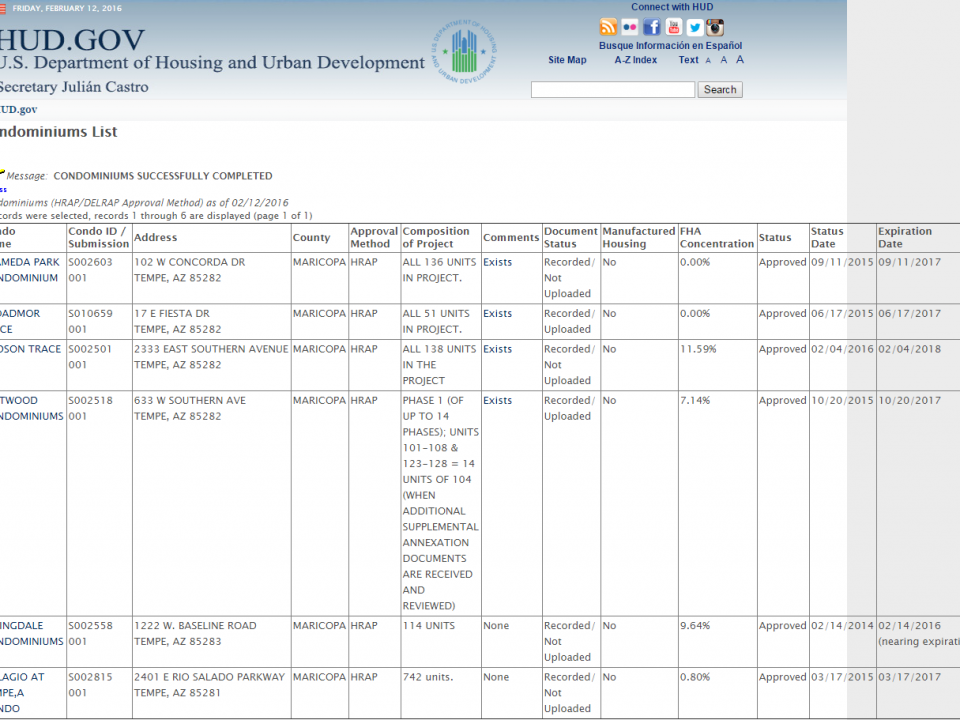Some new “Buy and Bail” info
I have talked to many people recently about one area of major concern in the lending industry. The term is “Buy and Bail” and it can have an effect on all of us.
On Wednesday of last week, I received an email from a friend at Wells Fargo that talked about some of the coming changes dealing with people that want to buy another home while keeping their current home.
The problem, in case you are not aware, is where people that purchased a home at the top of the market and are now “upside down.” Then, they go out and buy another home, at a lower price and “give back the keys” to the lender for the original home, allowing it to be foreclosed instead of the owner fulfilling their financial obligation.
Part of the new guidelines are as follows.
The new Fannie Mae BUY & BAIL policy states that a buyer planning to retain and rent out their current residence must: 1) prove 30% equity in the property, 2) provide a copy of the new lease agreement, and 3) provide a copy of the renter’s security account. If these criteria are not met, rental income may not be used to qualify and a reserve requirement is also added. Buyers who plan on keeping their current residence as a second home must qualify on both payments and show 6 months reserves for both house payments.
If this is “clear as mud” to you, please feel free to “Just Call Nick” for a better explanation.
Here’s some information I found from Fannie Mae website:
Buy and Bail Characteristics
The homeowner is current on the mortgage, but the value of the home has fallen below the amount owed, so he or she
applies for a purchase money mortgage on another home. After the new property has been secured, the buy and bail
borrower will allow the first home to go into foreclosure.
The borrower defaults on the original mortgage shortly after purchasing a second property
The borrower will be a first-time landlord (renting out the original property)
The borrower has minimal or no equity in the original property
Inability to validate lease terms with the purported tenant
Purported tenant has a pre-existing relationship with the homeowner
As always, I will be happy to discuss current market conditions and some of the “hot buttons” in the real estate industry right now.
Of course, I would never suggest that anyone attempt to get out of their financial obligations. However, it is an interesting topic of discussion…





1 Comment
As the people play games with the lender, they will adabt as well. This is happening on my end as well.